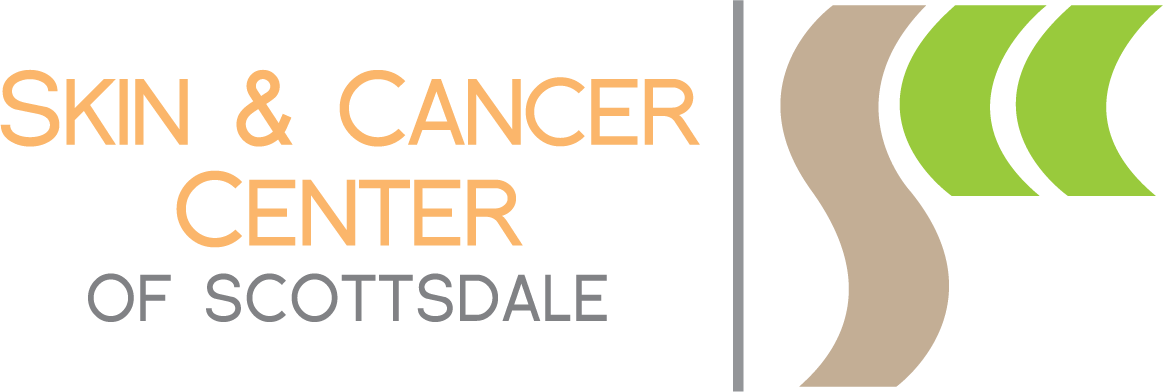Eczema
Eczema is characterized by painful, dry, red rashes and itching. If you are experiencing symptoms of eczema, it is important to know you’re not alone. Eczema affects roughly 10 percent of infants and about three percent of adults and children over the age of 10.Eczema is a medical condition that causes the skin to be inflamed or irritated. The most common type of eczema is atopic dermatitis, or atopic eczema, which is an itchy, red rash that can affect any area of the body. There is no cure for eczema but it can be managed and most children will outgrow eczema by the age of 10.
Common Causes of Eczema
It is unknown what causes eczema, but it has been said to be linked to an overactive response from the body’s immune system to an irritant. Many doctors believe that the causes are linked to allergic disease such as hay fever or asthma. Recent research also suggests those with eczema may have defects in the barrier proteins of the skin, making it more likely to be dry and vulnerable to irritants.
Symptoms of eczema can also begin for the first time and any stage of life. Eczema that develops later in life is often associated with an initial cut or scrape.
Indicators of Eczema
Eczema can appear all over the body with the most common spots being the neck, wrists, ankles, and in areas that bend such as the elbow and knee. Babies often have eczema on the face, especially the cheek and chin areas. You may experience irritation similar to hives when having Eczema.

